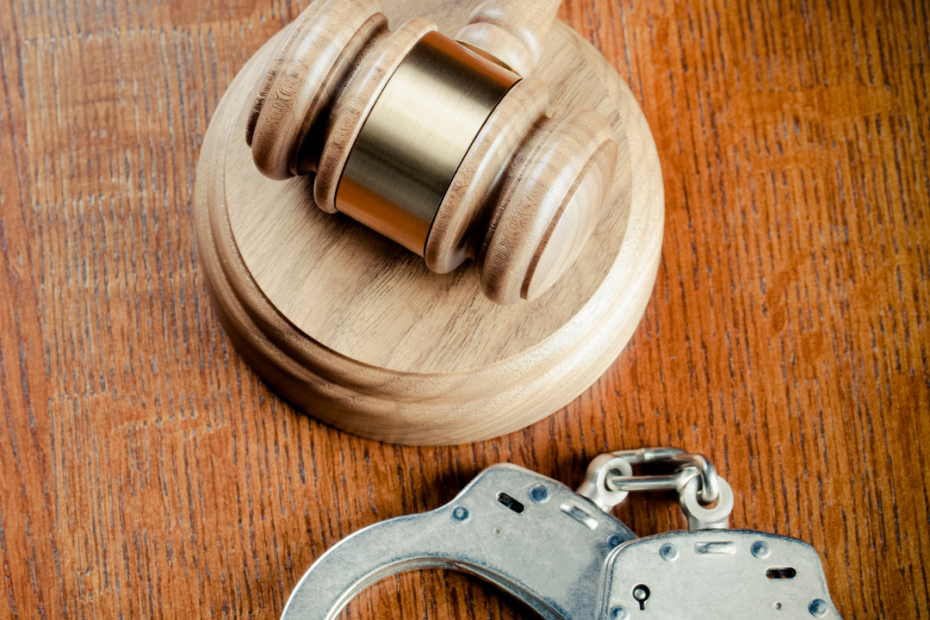Have you been charged with a criminal offense? If so, your life has no doubt been turned upside down. You might not know what comes next, or how to navigate life after the criminal charge. This article can help you make sense of the process and understand your rights.
How to Prepare For a Criminal Charge
When someone is arrested, it can be a confusing time. There are a lot of questions and no one knows what to do. This guide will help you prepare for a criminal charge.
The best way to prepare is to talk to an attorney from Maduabum Law Firm or a similar one. They can tell you what to expect, how the system works, and what your legal options are. If you cannot afford an attorney, there are free legal services available as well.
If you have been arrested, the first thing you should do is call a friend or family member and tell them what has happened. Let them know where you are, who you are with, and that you are OK. You should also call your lawyer.
Once you have called your lawyer, the next step is to go to the police station or jail and make a statement. You should describe the incident in as much detail as possible. You may also need to provide any evidence that you have.
After making a statement, you should contact your lawyer again. They will likely want to review the case with you and discuss your legal options.
If you have been charged with a crime, it is important to get help from an attorney as soon as possible.
What Will Happen at A Criminal Hearing?
When you go to court, you will have a criminal hearing. This is when the prosecutor and defense lawyer will argue about whether or not you should be charged with a crime. If the prosecutor decides to charge you, they will send you a notice of intent to charge you. This is when they tell you what crime they are thinking you committed.
You then have a criminal hearing to determine if there is enough evidence to charge you with that crime. If the prosecutor decides there is enough evidence, they file a complaint against you with the court. Your criminal hearing is also where your lawyer can try to get the charges against you dropped or reduced. It goes without saying then, that this is where you should have a greenwood village criminal lawyer or a similarly reputed attorney if you want to have a chance at being acquitted.
Tips for In-Court Q&A Sessions
1. What should I bring to court?
There is no set list of what to bring to court, but it is important to have all of your documents ready in case you are asked to provide them. This includes copies of your driver’s license, passport, birth certificate, and any other identification you may have. You may also want to bring a pen and paper so you can take notes during the proceedings.
2. How long will the trial process take?
Depending on the complexity of the case and the number of witnesses involved, a criminal trial could last anywhere from a few days to several months.
3. What should I do if I am arrested?
If you are arrested, you should contact a lawyer as soon as possible. The police may try to pressure you into confessing to the crime before an investigation has even begun, so you must have someone on your side who can protect your rights. Remember: You have the right to remain silent, and anything you say can and will be used against you in court. To prove your innocence, or to ensure your rights are preserved, it’s advisable to enlist professionals specializing in criminal investigation services who can conduct a private investigation, gathering evidence and building a robust defense on your behalf.
Sentencing and Probation
If you have been charged with a crime, you may be wondering what happens next. This article will provide information on sentencing and probation after a criminal charge is filed.
When it comes to sentencing, the court has a lot of discretion in how the crime is punished. The severity of the crime, whether or not there were any aggravating factors, and the defendant’s prior record all play a role in the sentence that is given. Some defendants may receive a sentence of imprisonment, while others may receive probation or community service. The length of the sentence also depends on a variety of factors, such as the age of the defendant and whether or not there are any prior records.
When it comes to probation, the court will decide which type of probation to grant. There are several types of probation available, including informal probation, suspended judgment probation, discharge conditional probation, and unconditional discharge probation. Unconditional discharge means that the criminal charge is cleared from your record once you complete all terms and conditions of probation.
